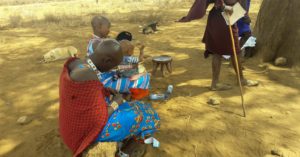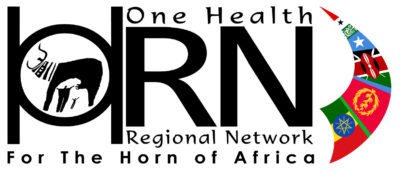 The milk project is housed under the HORN umbrella of the first sandpit beneficiaries. A one health concept built on investigations in animal and human health around pastoral dairy production systems.
The milk project is housed under the HORN umbrella of the first sandpit beneficiaries. A one health concept built on investigations in animal and human health around pastoral dairy production systems.
Pastoralists in Kenya depend on cow milk for income and nutrition. Milk is highly perishable and therefore requires hygienic handling during milking, collection, storage and distribution to avoid contamination and spoilage. Poor upstream milk production practices cause milk contamination, spoilage and lost farm earnings along the downstream dairy value chain.
MIlk safety is highly intertwined with the health of the consumers where direct and indirect health hazards associated with consumption of contaminated raw milk , Oliver et al., 2009.
Unsafe milk containing drug residues and food borne pathogens like S. aureus, Streptococcus and E. coli causes postharvest losses due to spoilage and the former contributes to emergence of drug resistance organisms. This study seeks to determine antimicrobial resistance associated with microbial and residue contamination in milk and the implication on child health in pastoral systems.

